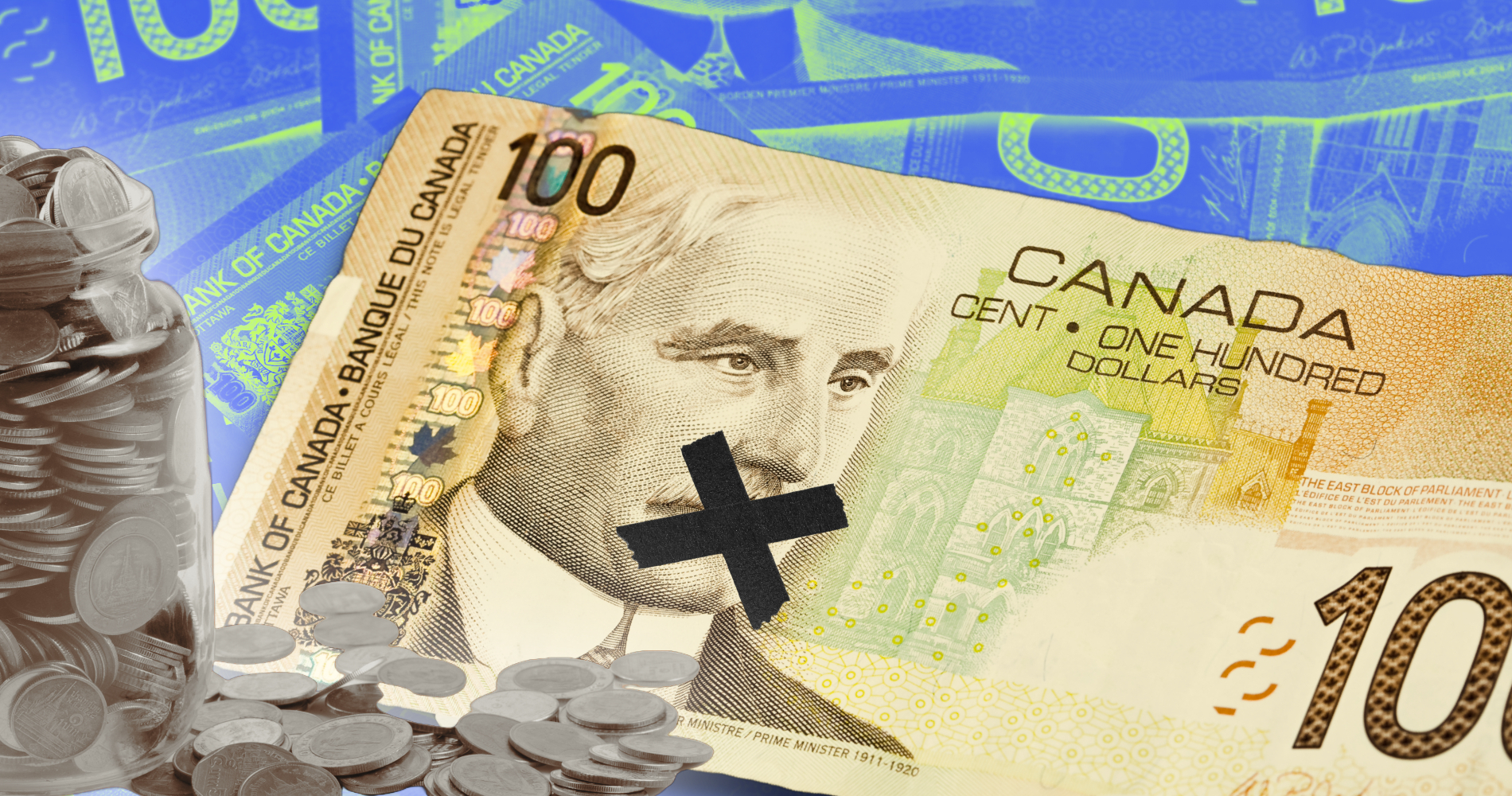What a difference a year and a half makes. Last week’s announcement that BC booked a surplus of $52 million in the 1999/00 fiscal year runs contrary to the doom-and-gloom storyline that has been so prevalent the past few years. Instead, it signals that the economy is clearly on the rebound. And it shows the province’s books in a stronger position than the government, and its critics, have been letting on.
The single biggest factor behind the vanishing deficit is stronger economic growth, which meant that tax revenues and natural resource royalties were both much higher than projected in the Budget. The BC economy grew by almost 2% in 1999Ñnot exactly booming, but a big recovery from a dismal 1998 that had barely any growth at all. The economic difference in 1999 reflected a recovery in Asian markets hit by financial crisis in 1998 and an upswing in the prices of commodities that BC exports.
The strength of the government’s fiscal position is even better than it appears at first glance because added onto the books were several one-time write-downs that were not in the 1999 Budget forecast. These include writing down the book value of the infamous Fast Ferries and BC Rail infrastructure in the Northeast, plus a couple smaller items. In total, these amount to $968 million, which implies that the real underlying surplus for 1999/00 was more than $1 billion.
All of this bodes well for the current fiscal year, which ends March 31, 2001. Like its predecessor, the 2000 BC Budget balance looks grim, with an estimated $1.3 billion deficit. But there was a great deal of prudence built into the 2000 Budget forecast, plus a hefty $300 million reserve cushion. The most recent economic forecasts are more optimistic than they were at Budget time.
If anything, the BC government could be accused of being too prudent. The past two budgets have taken a page from Paul Martin’s playbook by lowballing estimates of economic growth and government revenues. When projections are too optimistic or too pessimistic, the picture the budget paints of the coming year is undermined, foreclosing on a full and open debate.
If the economy continues to gain strength, another balanced budget is not out of the question; at the very least, the deficit will come in way under budget for the year. While it might be a bit premature to start talking about how to “spend the surplus”, this does mean that we have some policy choices at our disposal.
After accounting for inflation and population growth, government spending declined in BC over the 1990s, with the hardest hit at the very bottom of society. Priority number one should be a coherent anti-poverty strategy to address this “social deficit”. Tax cuts for low and modest income earners could also be on the table, but it would be a shame to waste this opportunity by providing big tax cuts at the high end.
The big question is whether British Columbians will believe that the NDP has delivered a balanced budget. They should. The endorsement of the Auditor-General suggests that this is more than accounting trickery. Moreover, the government has implemented the recommendations of a blue-ribbon panel on the provincial budget process that puts BC at the head of Canadian provinces in terms of modern budgeting practices.
With one of the lowest debt loads of any Canadian province (whether on a per capita basis or as a share of GDP), BCÕs fiscal position is solid. The announcement of a balanced budget is a big heap of good news for a province in need of a confidence boost.


